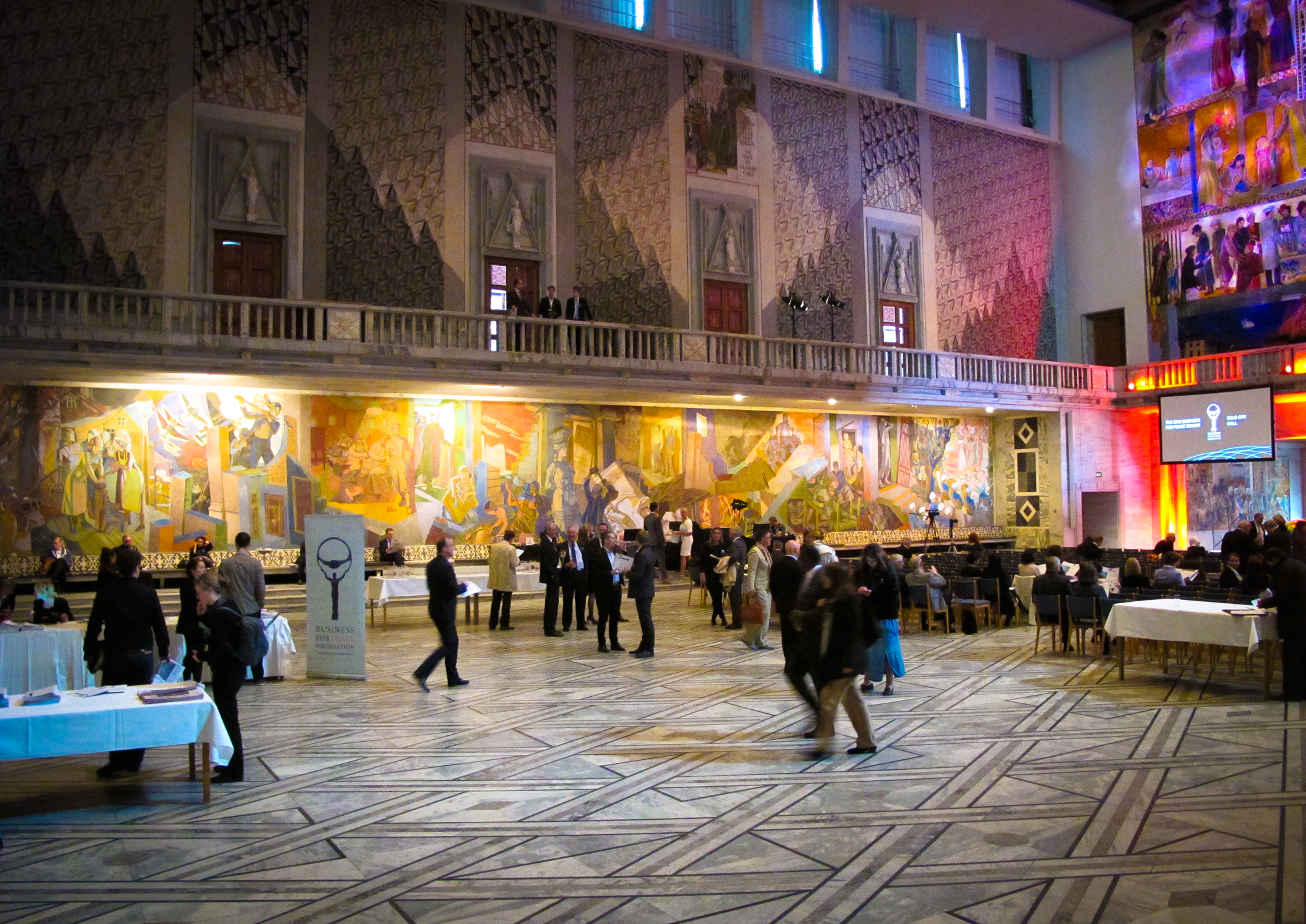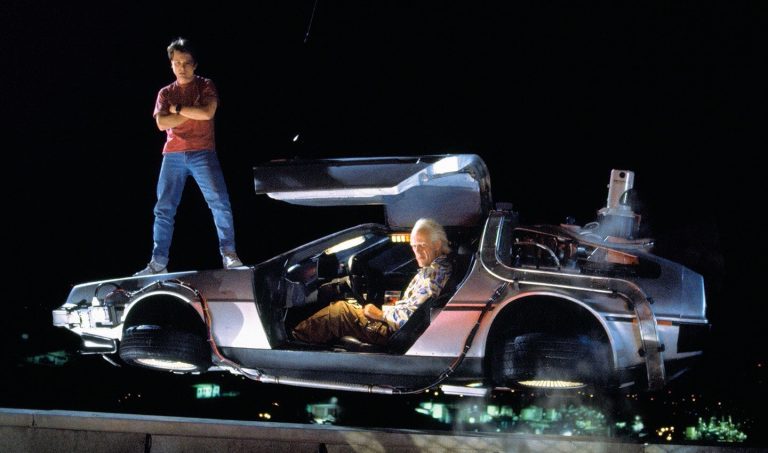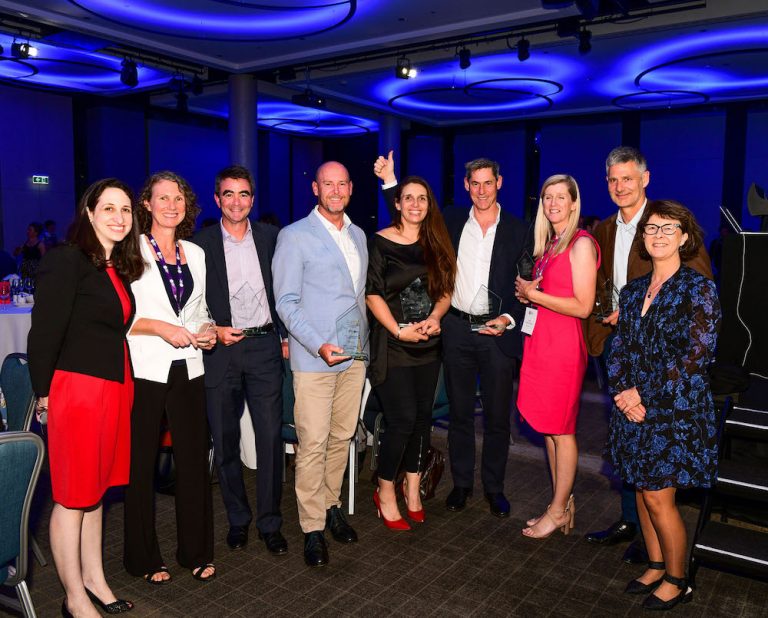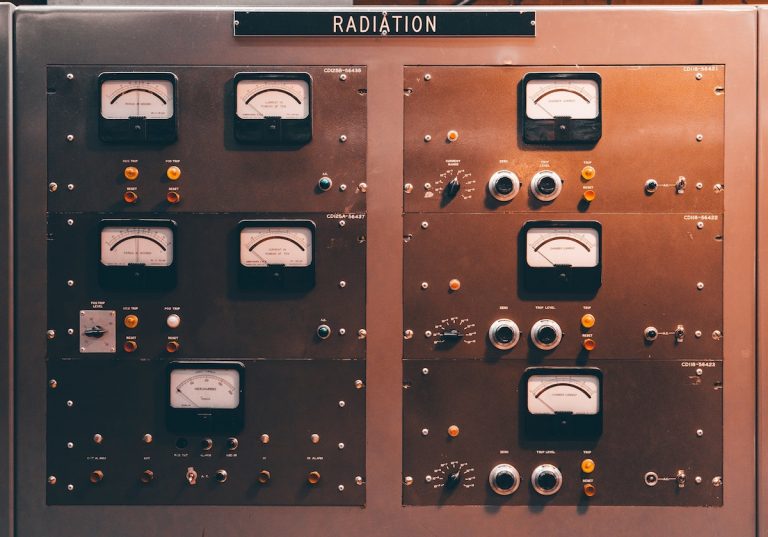It had been my first trip to Norway and while I was struck by the similarities between this Scandinavian country and Australia, I was also dismayed by a stark contrast.
We were both young countries, we’d both been thrust into the limelight by resource riches, we shared relatively peaceful colonial pasts and we were both beholden to bigger military powers. A key difference, however, was that Norway had chosen a path as a mediator of world peace.
It had found a niche perfectly suited to a country that was wealthy and well educated; but which didn’t have the historical baggage of its European neighbours.
Norway is home to the Nobel Peace Prize, it established the Oslo Accords (however ill-fated) and today it stands as is needed to provide a staid and neutral voice in international conflicts.
When I found myself at the Oslo Town Hall, at a conference by PRIO (Peace Research Institute Oslo), I watched a debate between a director from the United Nations and an ex-US Senator, they were discussing the climate change dilemma facing very poor countries wanting to use coal and oil revenue for development.
I was also lucky enough to find myself sitting next to Geraldine Fraser-Moleketi, Director at the United Nations Development Programme. We discussed traveling and aid funding and while I had to explain the Australian government’s funding cuts, we both agreed on the important role Norway plays in mediating global issues of peace and security.
It was a thrill and it set me on a path to my current studies in International Law, but it also forced me to look at the reality of Australia’s sliding efforts as a global citizen.
I was a child when Gareth Evans brought the concept of a ‘good international citizen’ into the Australian vernacular. “Put simply, we are committed to good international citizenship because a moral obligation is its own justification.” Evans said, at a speech in 1990. He progressed the role of the middle powers and he made the most of his role as Foreign Minister when he helped usher the Chemical Weapons Convention into force in 1997.
Looking back, it seemed that Australia was invigorated by the opportunity to contribute to the global geopolitical debate. Back then globalisation was a theory that was taking shape and it was recognised that as trade and foreign dependence grows, so too does a country’s responsibility to contribute to its equitable development and uphold one’s agreed obligations.
Today, globalisation is a fact of life. Goods, services, data, money, capital and labour can all cross borders with ease and at lightning speed. Australia’s economic growth is dependent on trade but with the prices of our key raw materials falling our trade deficit is expanding.
As globalisation becomes the norm one would be forgiven the assumption that being a good international citizen would be a priority.
In 2012 Australia successfully won a seat on the UN Security Council. The historic win would give Australia one of ten non-permanent member positions for two years.
So there it was at last, a concerted effort by Australian leaders to offer time and energy to the big global issues and debates. Many of these issues would effect Australia directly, but even if they didn’t, surely it’s our duty to offer some portion of our wealth and intellect to the greater good?
It was then ironic that it would be a newly elected Liberal Coalition government that would take the role as President of the Security Council, a one-month revolving position. Julie Bishop had been Foreign Minister for less than a month when she found herself in New York, chairing the United Nation’s most powerful organ.
To her credit, Julie Bishop oversaw the adoption of the Security Council’s first ever resolution regarding the control of small arms and light weapons, resolution 2117 (2013). There was criticism, however, that she declined to address international media. It was suggested that fears of awkward questions about Australia’s tense relationship with Indonesia were behind the media silence. It’s a tendency that has been consistent across the Abbott government’s tenure.
These great steps forward are marred by cuts to foreign aid which is decreasing at rate of $1 billion per year, as I discussed in my last story.
So, this was the message Australia was sending to the world as I began studying a Masters degree in International Law and International Relations. It was distressing but it steeled my conviction about the importance of Australians developing their understanding of this country’s place in the world.
While there is plenty to criticize about the Abbott government’s ideologies it should be noted that it was previous Liberal Party Prime Minister, John Howard, who committed Australia to the UN’s Millennium Development Goals and the obligation to spend 0.7 per cent of its gross national income on foreign aid by 2015. This was later revised down to 0.5 per cent but after this year’s budget, Australia moves ever farther from the target.
It should also be said that the last few years of the Labor Government weren’t much better. In the 2012 budget the Rudd government also deferred efforts to push aid funding to 0.5 per cent of GDP.
Whatever your views on Australia’s budgetary priorities we remain a wealthy county. I feel strongly that we have a responsibility to direct some of this wealth, this good fortune, towards contributing to good global governance. Our young country has not been immune to war or terrorism, but so far we’ve been able to keep major crisis at bay. Being a good global citizen is vital to our defense, but also to helping spread peace more broadly.





